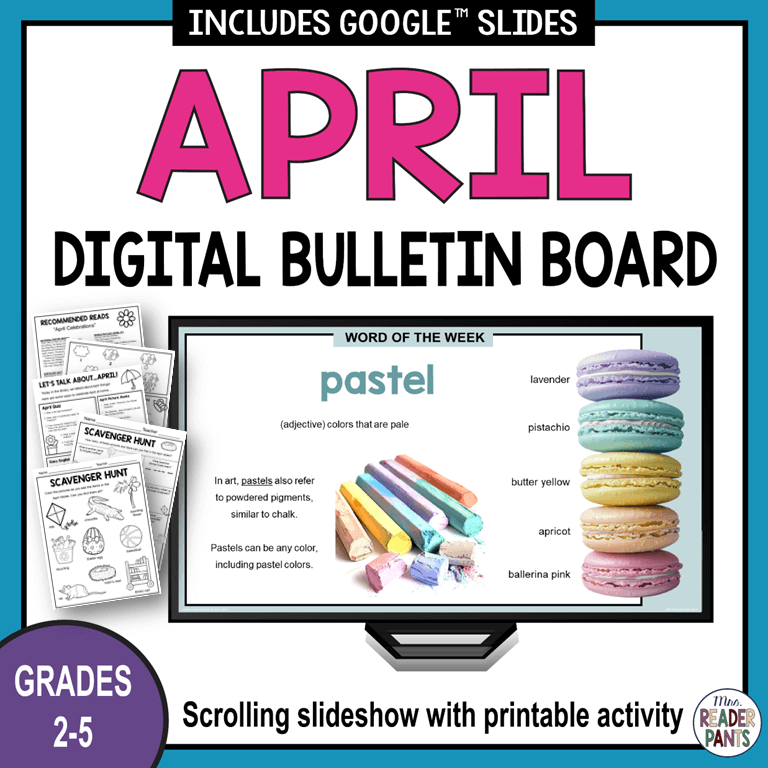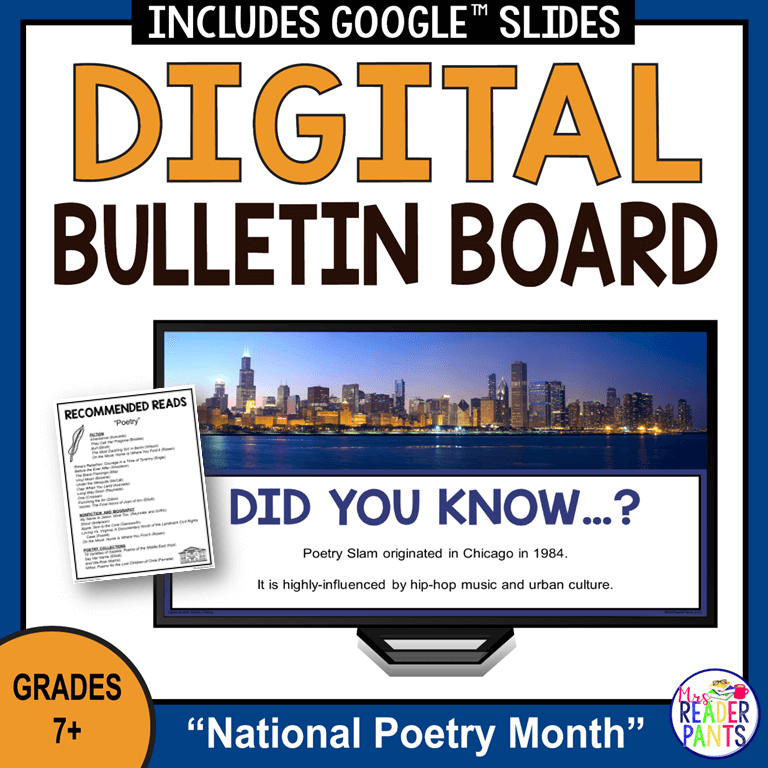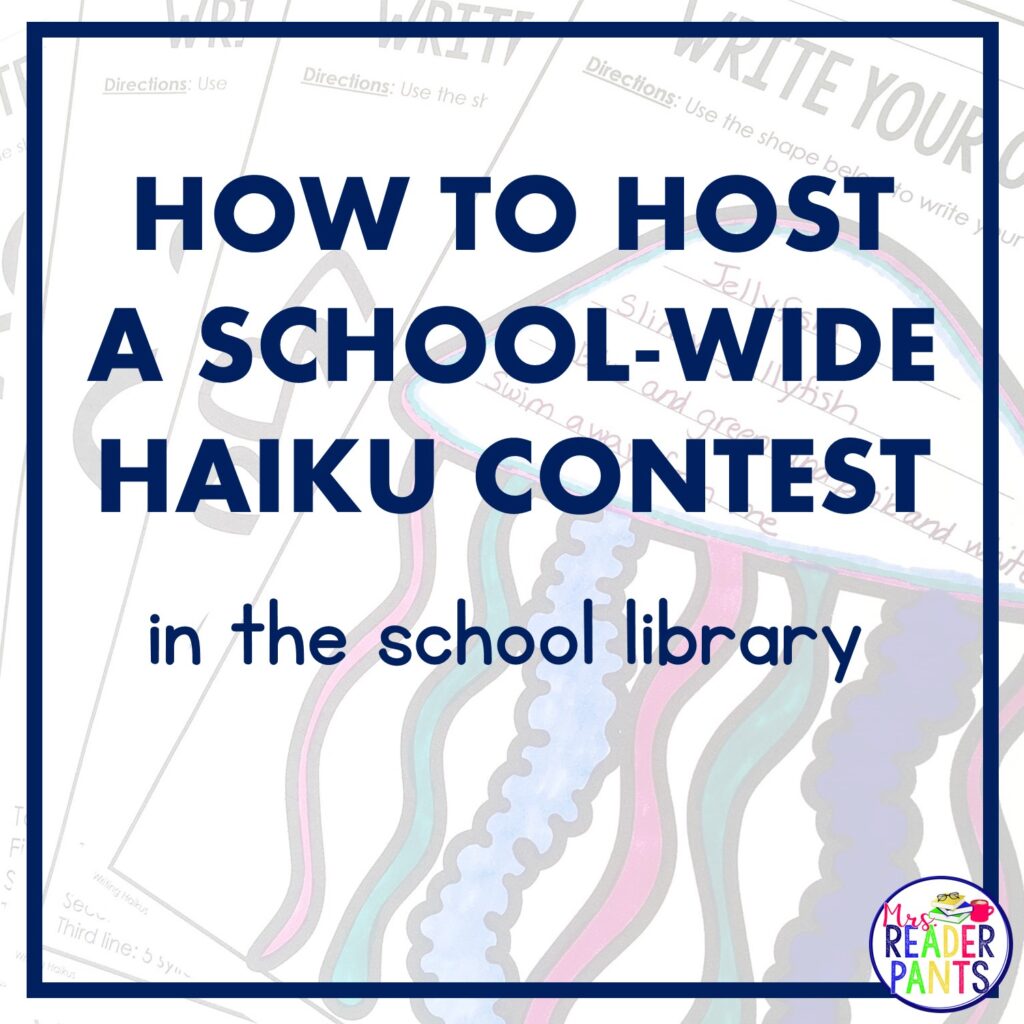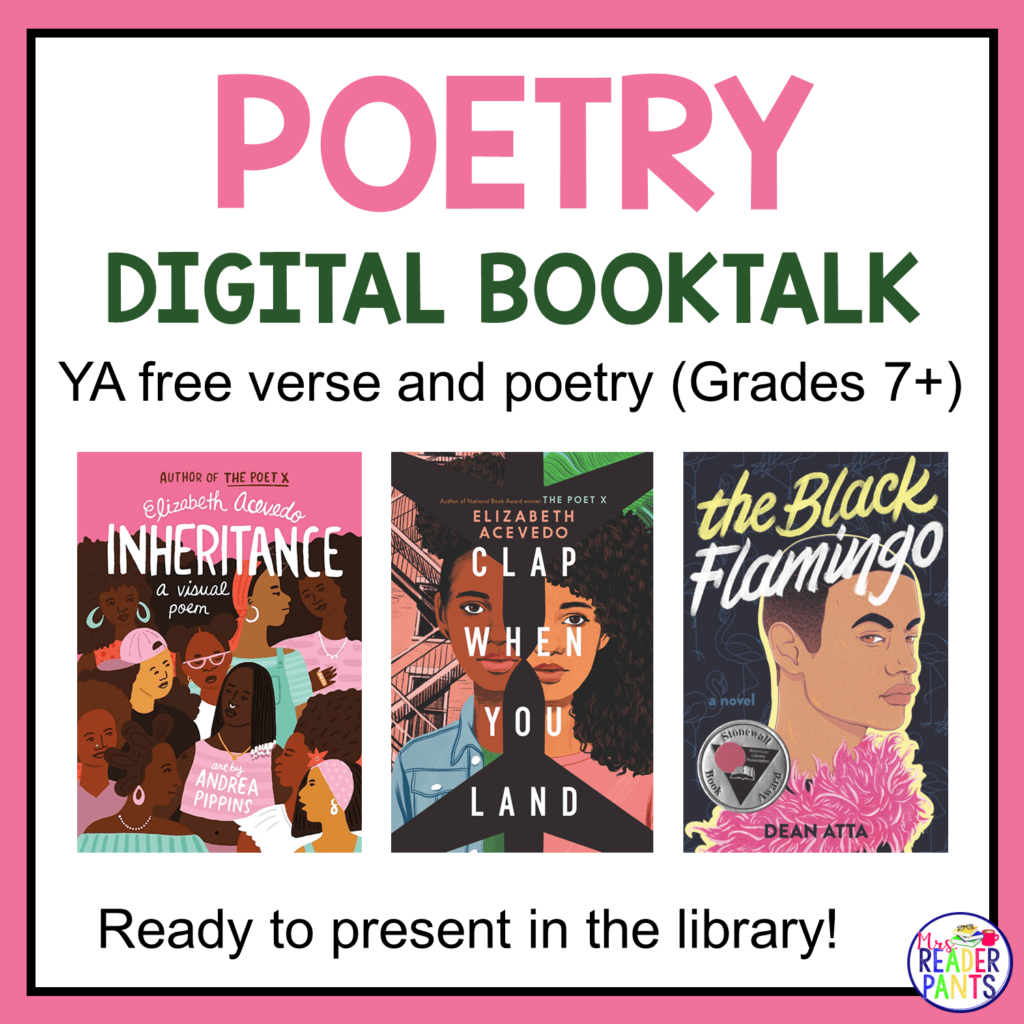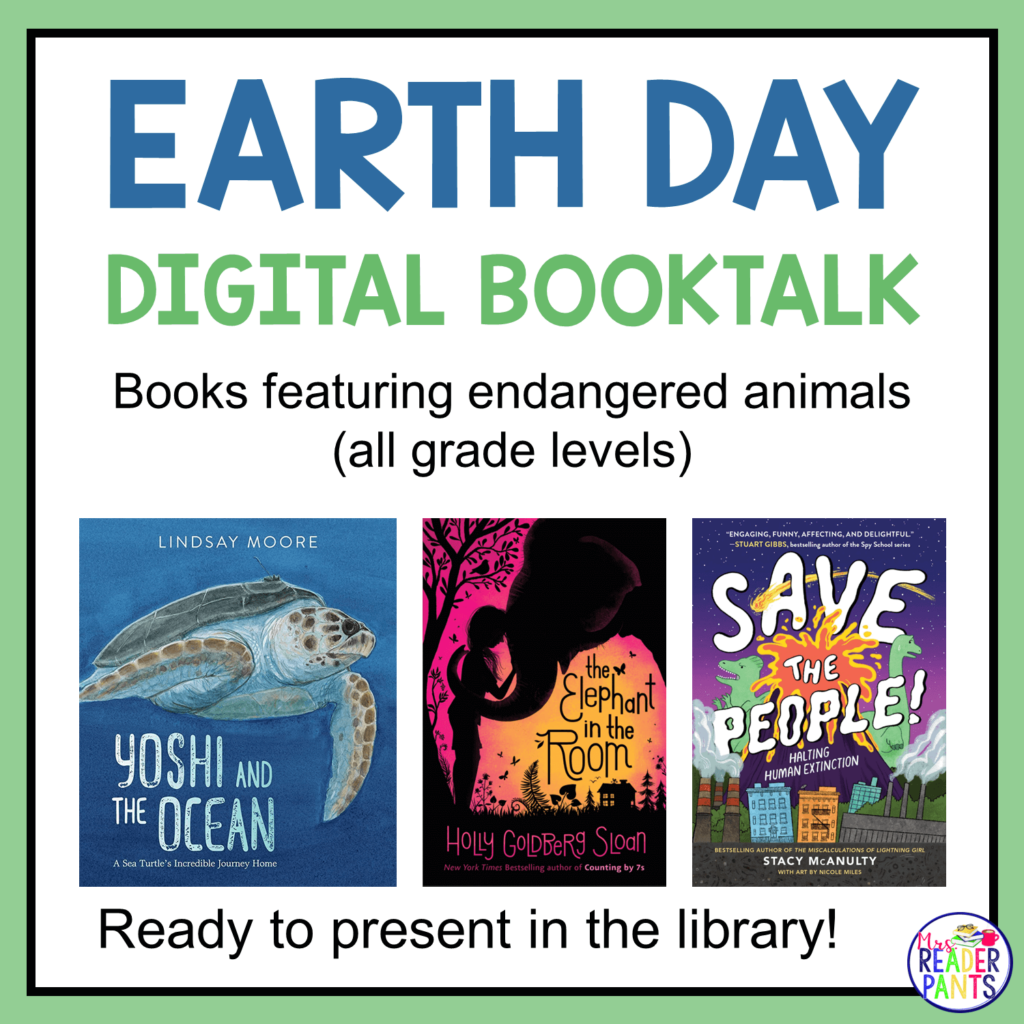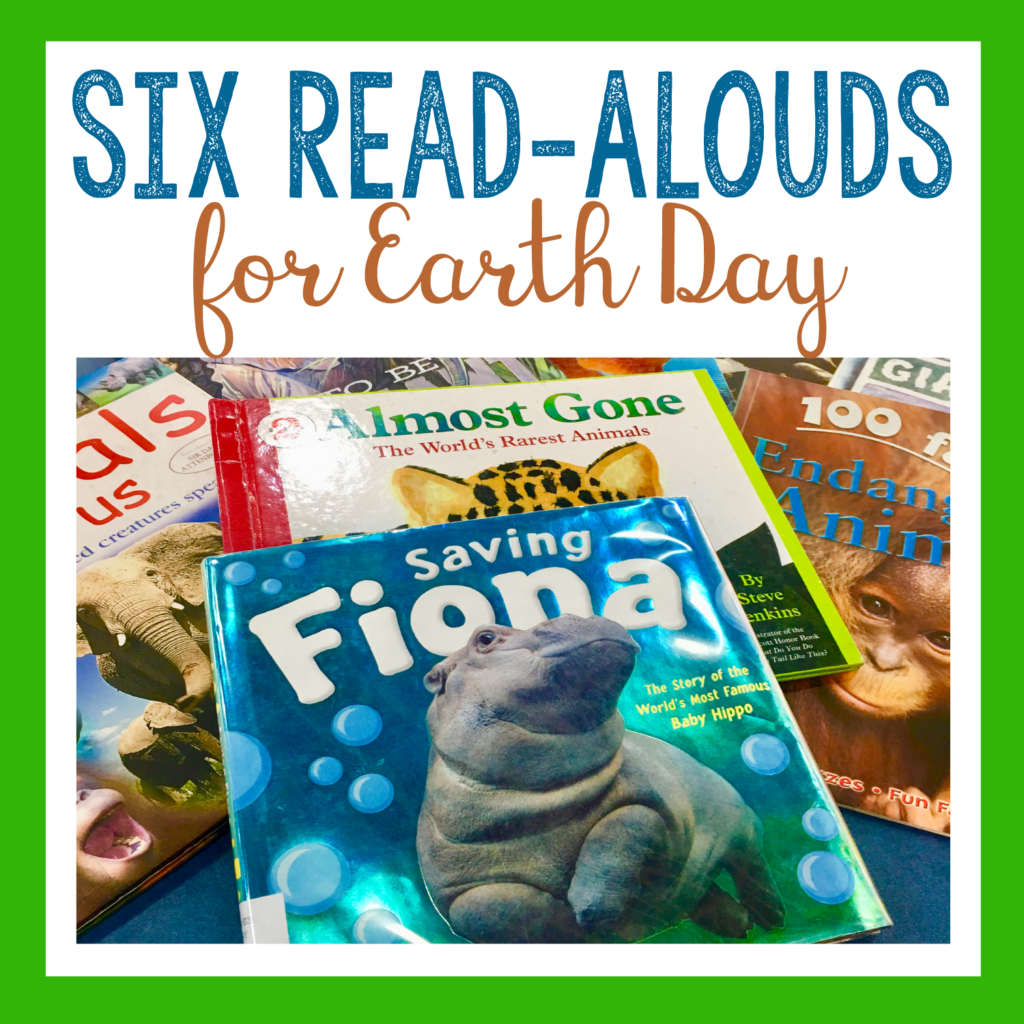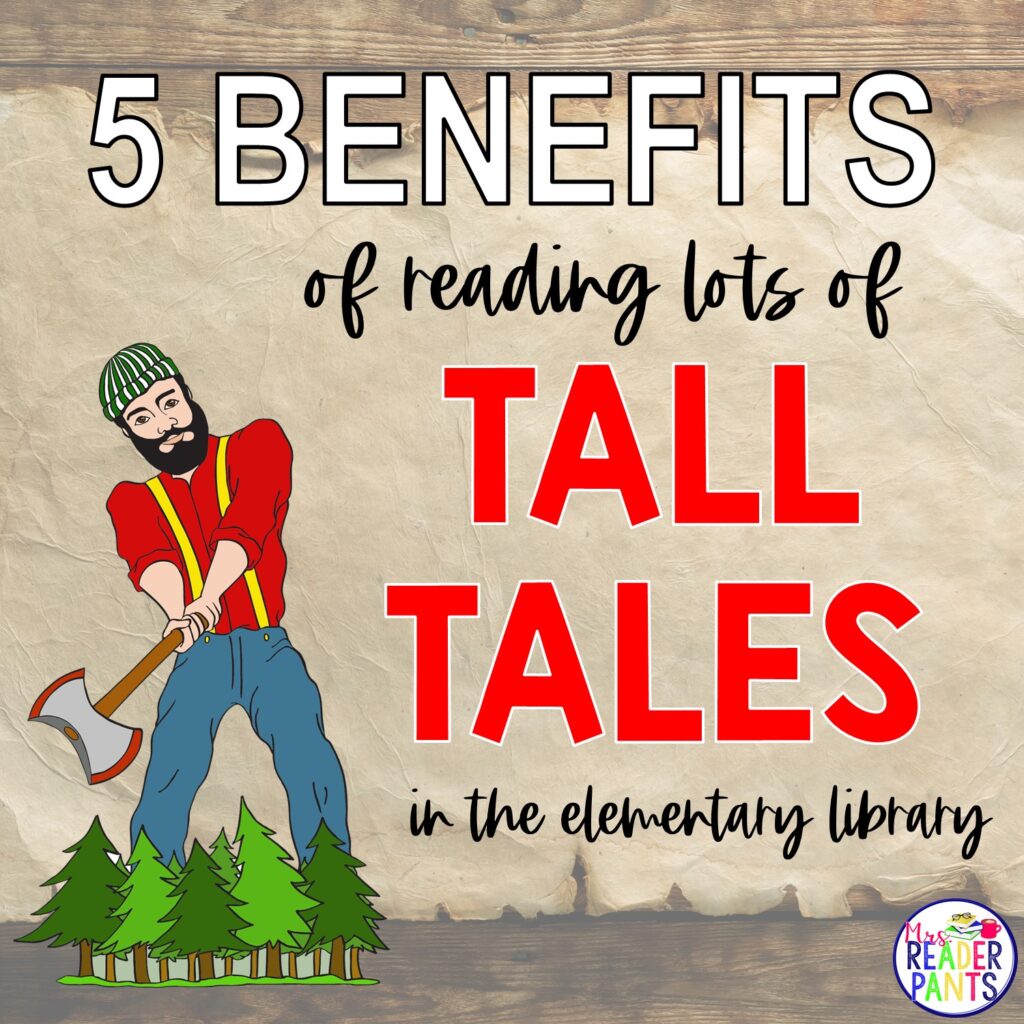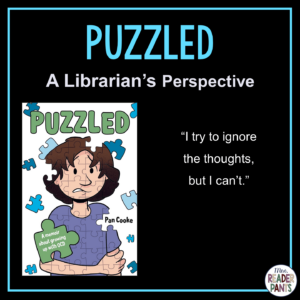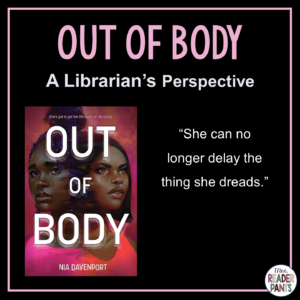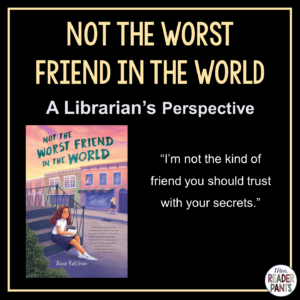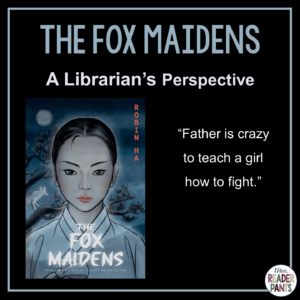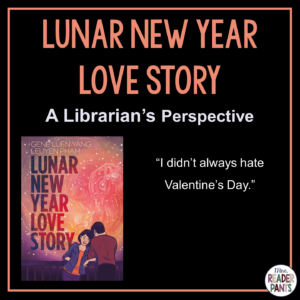When They Call You a Terrorist is a memoir by Patrisse Cullers, one of the three cofounders of the Black Lives Matter movement. I read the Young Adult Edition, which I think should be required reading in all high schools. The book isn’t always riveting, but the ideas behind it are so important for our next generation to internalize.
 AUTHOR: Patrisse Cullors and asha bandele; adapted by Benee Knauer
AUTHOR: Patrisse Cullors and asha bandele; adapted by Benee Knauer
ILLUSTRATOR: not illustrated but does contain photos
SERIES: none
PUBLISHER: Wednesday Books
PUBLICATION DATE: Sept. 29, 2020
PAGES: 272
GENRE: memoir, narrative nonfiction
SETTING: mainly California, USA
GIVE IT TO: HS
AWARDS AND KUDOS
- 5 starred professional reviews
PUBLISHER’S SUMMARY
From one of the co-founders of the Black Lives Matter movement comes a poetic memoir and reflection on humanity. Necessary and timely, Patrisse Khan-Cullors’ story asks us to remember that protest in the interest of the most vulnerable comes from love. Leaders of the Black Lives Matter movement have been called terrorists, a threat to America. But in truth, they are loving women whose life experiences have led them to seek justice for those victimized by the powerful.
In this meaningful, empowering account of survival, strength, and resilience, Cullors and asha bandele seek to change the culture that declares innocent black life expendable.
THE SHORT VERSION
Super-important book for all high school students and adults.
WHAT I LIKED
I’ve already said it twice, but I’ll say it once more for those in the back. When They Call You a Terrorist is critical reading for all high school students and adults. There are two versions: one for adults and one for young adults. This review is for the YA version.
Sadly, too many members of my generation (Gen X) and my parents’ generation (Boomers) seem to be a lost cause when it comes to prejudice and racism in the US. By requiring books like When They Call You a Terrorist in high school courses, we can hopefully raise our children to do better. Unfortunately, there is currently a lot of pushback in US schools about how Black history is taught in school. Or if it is even taught at all.
Because of this pushback, there will be schools and teachers that choose not to teach books that confront racism head-on. As a teacher and school librarian, I can tell you that many of us fear very real social, employment, and legal consequences. Some states, such as Florida, have actually passed laws prohibiting books like When They Call You a Terrorist from being taught in schools. We have such a terribly long way to go, and it seems some areas are even going backward.
For many young people, educating themselves will be the only way they will know and understand the civil rights issues our citizens face. It’s too bad that the people who most need to read books like When They Call You a Terrorist probably won’t ever read them. They will instead choose to keep their minds closed and continue to blame Black people (and poor people and mentally ill people) for their own situations. They will never see how society and our government don’t bother to address social problems in any real way; I would argue that our social, economic, and legal systems actually intentionally designed to make these problems worse.
The parts of the book that I found most interesting are the sections dealing with Cullors’ male family members’ brushes with police. Her brother Monte has schizo-affective disorder. When medicated properly, Monte is able to function normally in society. He can and does hold down a job. But when he goes to prison, he is abused and terrorized. When he is finally released from prison, Monte is just let go, without any concern for his mental state at the time.
I also liked the section near the end about Trump’s election and the victories and drawbacks of the BLM movement. This is a saga that will continue to unfold with the 2024 presidential election. I’m once again ever-thankful that I’ve chosen to live outside the US since 2014, but that doesn’t make our country’s problems any easier to watch.
I liked the reader questions at the end of each chapter. From reading Goodreads reviews of both versions, it seems that the reader discussion questions are only in the YA version.
WHAT I DIDN’T LIKE
Overall, the book was mostly interesting and kept my focus pretty well. I was less interested in the more personal aspects of Cullors’ life, such as her romantic relationships. I also had trouble keeping up with various names of friends and colleagues, which were mentioned regularly, especially in the second half.
Both the YA version and adult version have exactly 272 pages, which makes me wonder how different the two versions actually are. The audiobook versions are almost the same length as well.
AUDIOBOOK QUALITY
The YA version audiobook is 6 hours and 51 minutes long. The adult version is similar in length. Both are narrated by the author, Patrisse Cullors, with a short foreword by Angela Davis.
While I was mostly focused for the audiobook narration, I did feel the narration was too monotone, like Cullors was bored or tired of reading it. The story is NOT boring, and I wish Cullors had channeled more emotion into her reading.
It’s yet another instance of an author-narrated audiobook that fell short of amazing.
I’ve said this so many times. While there are a few exceptions – Jason Reynolds, Kwame Alexander, Trevor Noah – generally, authors should leave audiobook narration to professional voice actors. Their books will be all the more powerful for it.
DIVERSITY
All major characters are real African Americans.
ARTWORK/ILLUSTRATIONS
The YA print version includes photographs, but since I read the audiobook, I did not see them.
THEMES
- #BlackLivesMatter, social problems, racism, discrimination, mental illness, police brutality, prison industrial complex, incarceration of Black males, parent in prison (father), sibling in prison (brother), political activism, LGBT, gender-nonconforming
LIBRARIANS WILL WANT TO KNOW
- Would adults like this book? YES, very important reading for all adults
- Would I buy this for my high school library? YES, very important reading for all high school students
- Would I buy this for my middle school library? MAYBE. There is nothing in it content-wise that middle schoolers couldn’t handle. Rather, I think the content engagement will depend on the student. I know eighth graders who would love this book, but sixth graders may not have enough life experience to truly understand the context.
- Would I buy this for my elementary school library? NO – It’s definitely not an elementary book.
MATURE CONTENT
- Language: I don’t remember any profanity, but audiobooks are difficult to remember specific language. If mature language is in there, it isn’t gratuitous.
- Sexuality: very mild; sex is mentioned but not described.
- Violence: high; police violence and racism; mention of several real cases of Black people who died in police custody
- Drugs/Alcohol: mild; mention of marijuana
- Other: Patrisse is bisexual; some people are gender-nonconforming

